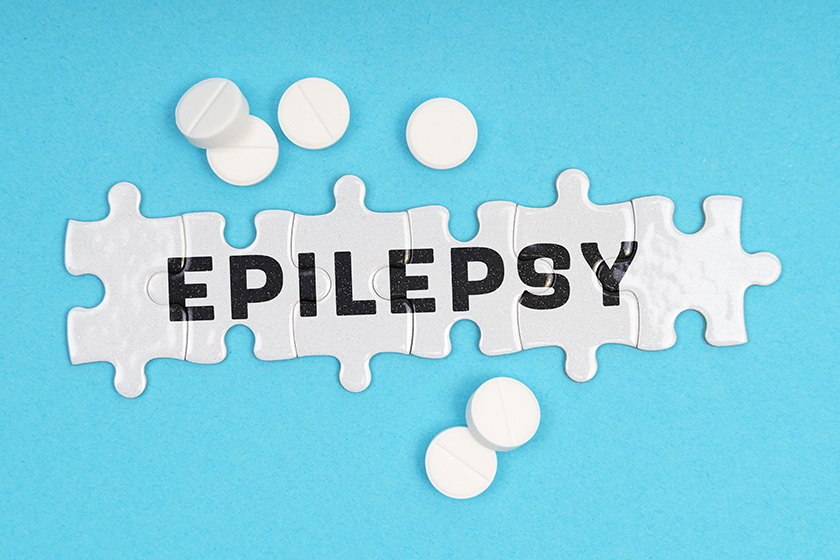Seizures are a commonly overlooked symptom in individuals with Alzheimer’s disease. This oversight often stems from the subtlety and variability of seizure manifestations in this population. Recognizing seizure symptoms in Alzheimer’s disease can help you provide better care for your loved ones. Here, we delve into the signs you should watch for and how to differentiate them from typical Alzheimer’s behaviors.
Understanding Seizures in Alzheimer’s Disease
Alzheimer’s disease, a progressive neurological disorder, is primarily known for causing memory loss and cognitive decline. However, it can also lead to seizures, especially as the disease progresses into its later stages. These seizures occur due to the same degenerative brain changes that cause memory and cognitive impairments.
In Alzheimer’s patients, seizures are not always the dramatic convulsions that most people associate with epilepsy. Instead, they can be subtle and hard to detect, often manifesting as brief episodes of confusion, sudden staring spells, or unusual behaviors that last only a few minutes.
Because of these mild symptoms, caregivers might mistakenly attribute these episodes to Alzheimer’s disease itself rather than recognizing them as potential seizures.
Types of Seizures Commonly Seen in Alzheimer’s Disease
The types of seizures most commonly seen in Alzheimer’s patients are focal seizures, which affect just one part of the brain, and generalized seizures, which affect both sides of the brain. Here’s a closer look at these two types:
- Focal Seizures: These seizures often start in one small part of the brain and can cause various symptoms, including sudden confusion, changes in personality or emotions, and repetitive movements like lip-smacking or picking at clothes. These symptoms can easily be mistaken for typical Alzheimer’s behaviors, making them challenging to identify as seizures.
- Generalized Seizures: These are less common in Alzheimer’s patients but can include tonic-clonic seizures, characterized by sudden muscle stiffness and jerking movements. Though more noticeable than focal seizures, they can still be misattributed to other causes like medication side effects or infections.
Key Seizure Symptoms to Watch For
When caring for someone with Alzheimer’s disease, being observant of new or unusual behaviors is crucial. The following symptoms may indicate the presence of seizures:
- Staring Spells: Episodes of staring blankly into space without responding to external stimuli may be a sign of a seizure. These moments can be fleeting, making them easy to miss.
- Sudden Confusion or Drowsiness: If your loved one suddenly becomes confused or overly tired without a clear cause, this could indicate a seizure.
- Unexplained Aggression or Agitation: Mood changes, especially sudden outbursts of aggression or agitation, might be linked to seizure activity.
- Loss of Consciousness or Awareness: Episodes where your loved one seems completely unaware of their surroundings or loses consciousness could be a sign of a generalized seizure.
- Repetitive Movements: Look for unusual, repetitive movements, such as twitching, blinking, or chewing motions that do not seem voluntary.
Differentiating Seizures from Alzheimer’s Symptoms
Distinguishing between seizures and regular Alzheimer’s symptoms can be challenging due to the overlapping nature of their presentations. However, some tips can help you differentiate between the two:
- Duration and Onset: Seizures typically occur suddenly and last for a few minutes, whereas Alzheimer’s symptoms generally progress slowly and are more consistent.
- Triggers: Observe if the episodes have specific triggers, such as flashing lights or stress, which might point to a seizure rather than Alzheimer ‘s-related changes.
- Post-Episode Effects: After a seizure, a person might experience confusion, fatigue, or a headache, known as the postictal state, which is less common in Alzheimer’s alone.
What to Do If You Suspect Seizures
If you notice any of these symptoms, it’s important to consult with a healthcare professional who can assess the situation and provide a diagnosis. Diagnostic tools such as EEGs or MRI scans might be necessary to confirm whether seizures are present.
Managing seizures in Alzheimer’s patients often involves medication adjustments, lifestyle changes, and close monitoring to ensure safety and well-being. Discuss treatment options with your healthcare provider to find the best approach for your loved one.
The Importance of Timely Recognition and Action
Recognizing and addressing seizures promptly in Alzheimer’s patients can significantly impact their quality of life. Proper management can reduce the frequency and severity of seizures, leading to more stability and comfort for your loved one.
By staying informed and observant, you can play a crucial role in identifying seizure symptoms early and seeking appropriate medical intervention. Understanding these signs can empower you to provide the best possible care for your loved one, ensuring they live a fulfilling life despite the challenges posed by Alzheimer’s disease.
Explore Our Memory Care Community
At our Memory Care community, we are dedicated to providing a safe and nurturing environment for your loved ones. Our team is well-equipped to manage the complexities of Alzheimer’s disease, including the challenges posed by seizure symptoms.
We invite you to reach out to us to learn more about our compassionate care services and how we can support your loved one’s needs. Contact us today to schedule a tour and discover the difference our community can make.







